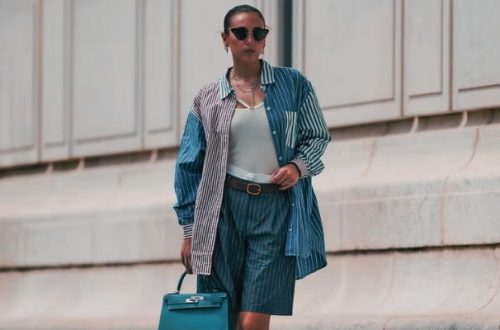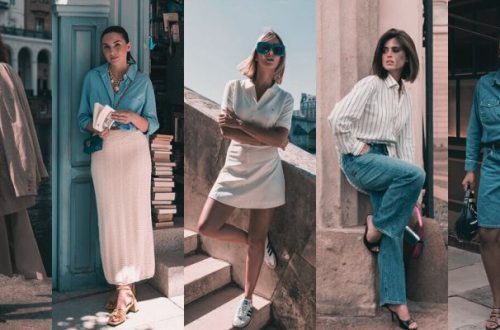Introduction
Sustainability is no longer a passing trend in fashion — it’s the foundation of a new movement. Across the world, designers, brands, and consumers are realizing that true style must respect both people and the planet. Global fashion weeks, once known for glamour and extravagance, are now becoming powerful platforms for environmental awareness and ethical innovation. Inspired by platforms like FashionWeekOnline.co.uk, this article explores how sustainability is shaping the future of fashion.
The Shift Toward Conscious Fashion
The fashion industry has long been criticized for its environmental footprint. From fabric waste to water pollution, fast fashion has taken a toll on the planet. But the conversation has changed. Modern designers and consumers are now focusing on mindful choices — from the materials they use to how garments are produced and marketed.
Leading fashion events, including London, Paris, and Milan Fashion Weeks, have started to highlight sustainability-focused collections, giving space to designers who promote slow fashion, recycling, and upcycling.
Global Fashion Weeks Leading the Change
In recent years, global fashion weeks have become more than runway spectacles; they are now educational experiences. Events often include panels and workshops discussing climate responsibility, fair labor practices, and green production methods.
For example, London Fashion Week introduced sustainability-focused showrooms that highlight eco-conscious designers. Similarly, Copenhagen Fashion Week has become a pioneer with its official sustainability requirements for participating brands. These global efforts show how the industry is evolving into a responsible, forward-thinking community.
Platforms like FashionWeekOnline.co.uk play a key role by amplifying these messages. Their detailed coverage of eco-friendly brands and ethical fashion movements helps spread awareness far beyond the event audience.
Designers Redefining Sustainability
A growing number of designers are proving that luxury and sustainability can go hand in hand. From using organic fabrics and plant-based dyes to implementing zero-waste production, innovation is driving this change.
Designers such as Stella McCartney, Gabriela Hearst, and Marine Serre have become champions of sustainable luxury. Their collections show that responsibility doesn’t limit creativity — it enhances it.
Emerging designers are also embracing new technologies like biodegradable textiles, 3D printing, and fabric recycling. By showcasing their work at global fashion weeks, they inspire the next generation to view fashion as both beautiful and ethical.
The Role of Technology in Eco-Fashion
Technology has become a powerful ally in achieving sustainability goals. Digital tools help reduce waste, track materials, and promote transparency. Virtual fashion shows, for instance, have significantly lowered the carbon footprint associated with large physical events.
Augmented reality (AR) and 3D sampling now allow designers to visualize collections without producing physical samples. Meanwhile, blockchain technology is improving supply chain transparency, helping consumers trace the origins of their garments.
Online media outlets like FashionWeekOnline.co.uk spotlight these innovations, showing how digital transformation can make fashion greener, smarter, and more responsible.
Educating the Consumer
One of the biggest challenges in sustainable fashion is changing consumer behavior. Fast fashion remains tempting because of its low prices and constant novelty. However, awareness campaigns and educational content are slowly shifting this mindset.
Fashion platforms, influencers, and digital magazines now emphasize the importance of quality over quantity. Articles, interviews, and fashion week coverage highlighting sustainable brands encourage readers to make informed, ethical choices. This educational effort is vital in creating a long-term cultural shift toward responsible consumption.
Collaboration for a Greener Future
Sustainability cannot thrive in isolation. It requires collaboration between designers, consumers, brands, and media. Global partnerships — such as between eco-friendly designers and major retail chains — are helping make sustainable fashion more accessible.
Events like FashionWeekOnline.co.uk showcase how cooperation can create real impact. By connecting designers, press, and conscious consumers, such platforms build a global network of change-makers committed to a more sustainable industry.
Conclusion
The future of fashion lies in sustainability — in creativity that honors nature, craftsmanship that values time, and innovation that reduces harm. Global fashion weeks are no longer just stages for trends; they are movements that inspire responsibility.
Through platforms like FashionWeekOnline.co.uk, this evolution reaches millions, spreading the message that style and sustainability can coexist beautifully. As the fashion world continues to evolve, one truth remains clear: the most fashionable thing we can wear is a conscience.





